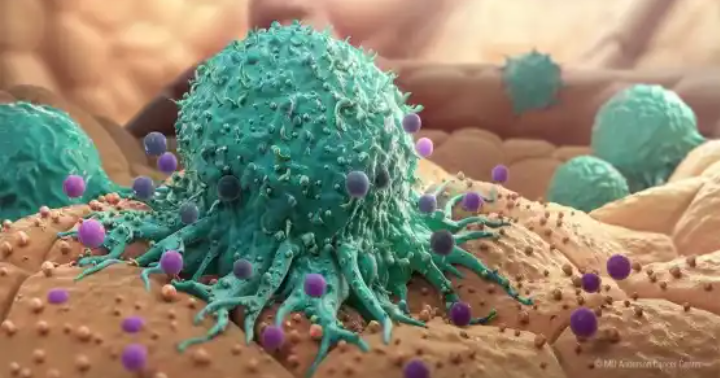Is it Entirely True that Cancer is a Lifestyle Disease?

Cancer is a complex group of diseases with multiple causes, and while lifestyle factors can significantly influence the risk of developing some types of cancer, they are not the only factors:
Lifestyle Factors: Certain lifestyle choices have been shown to increase the risk of developing cancer. These include smoking, excessive alcohol consumption, poor diet, lack of physical activity, and

excessive sun exposure. By modifying these behaviors, one can lower the risk Of developing certain types of cancer.
Genetics: Some people are genetically predisposed to cancer, meaning that they have inherited mutations in certain genes that increase their cancer risk. These individuals may develop cancer regardless of their lifestyle choices.

Age and Biological Factors: Some factors that contribute to cancer, such as aging or being of a certain sex, are not within one's control and are not related to lifestyle.
Infections: Certain infections can increase cancer risk. Eg, HPV is linked to cervical cancer, and Helicobacter pylori infection is associated with stomach cancer.

These factors are not strictly "lifestyle" related but can be influenced by behavior and environment.
Environmental Factors: Exposure to certain chemicals and pollutants, such as asbestos or benzene, can increase cancer risk. Sometimes, people are exposed to these through their occupation or living environment, independently of their lifestyle.

While it is true that making healthier lifestyle choices can significantly reduce the risk of developing certain types of cancer, it is not accurate to label cancer solely as a "lifestyle disease." It's a multifactorial condition.

What do you think of the article?
My Opinie8 rating score was 8 out of 10: Great
What do you think of the article?












